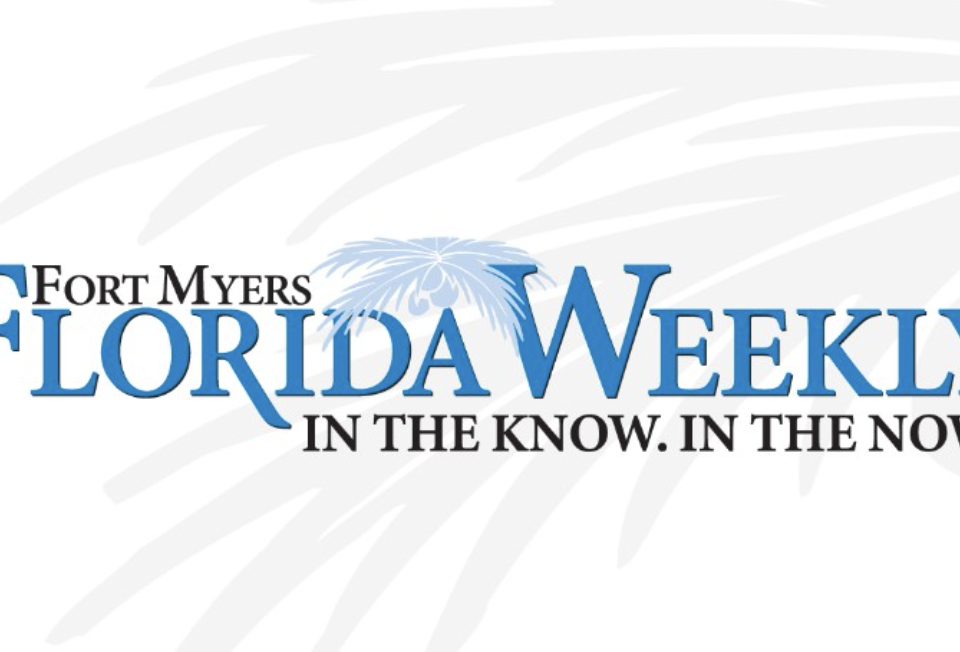A bill designed to improve human trafficking awareness, security and conditions at child and adult safe houses across Florida is now advancing in the Legislature’s lower chamber.
The House Children, Families and Seniors Subcommittee voted unanimously to advance the measure (HB 1557) after some members voiced concern about enforcement and cost.
The bill will mirror existing standards for other types of shelters and victim houses, including establishing a regulatory enforcement authority not currently required by Florida law, said Cantonment Republican Rep. Michelle Salzman, its sponsor.
“While we already have some of this out there, it’s not specifically aligned in certain statutes,” she said during Tuesday’s hearing. “Each different type of shelter (has) various things in different directions. This bill cleans up the language and puts it in a way that’s unified.”
If passed, HB 1557 and its Senate analogue (SB 1690) by Spring Hill Republican Sen. Blaise Ingoglia would require:
— Human trafficking awareness and information signs to be “conspicuously” displayed at facilities maintained by child-caring agencies.
— The Department of Children and Families (DCF) to develop and deliver age-appropriate educational programming for children regarding the signs and dangers of commercial sexual exploitation and how to report it.
— The staffing at each child-sheltering facility of at least one person with law enforcement, investigative or similar training who can detect possible trafficking activity, search for and locate missing children, and coordinate with law enforcement.
— Certification by DCF of adult safe houses based on specific criteria, including that the facility receives an annual written endorsement from local law enforcement and meets numerous environmental, service and documentation requirements.
Florida has the third-most human trafficking cases in America, according to the National Human Trafficking Hotline, which has identified 6,168 cases in the state since its inception. It’s especially concentrated in South Florida, where big-draw events like the Super Bowl and Formula 1 racing coincide with a sharp rise in the illicit, exploitative activity.
Human trafficking warning and information signs are currently required by law to be posted, in English and Spanish, at strip clubs and other adult entertainment establishments, massage parlors, emergency rooms, rest areas, turnpike service plazas, weigh stations, airports, rail stations, and public welcome centers. No such signage is mandated at sheltering facilities for victims and children.
There are 13 houses servicing adult survivors of human trafficking in Florida, according to a House staff analysis. Florida statutes currently give DCF authority to monitor and certify safe foster homes and safe houses for children but provide no framework for the department to do so for similar adult facilities.
“This bill builds upon the already robust human trafficking laws,” Salzman said. “(It) attempts to stop the scourge of human trafficking by stopping the victimization or, in some cases, re-victimization of vulnerable adults or children by traffickers.”
Representatives from the Florida Smart Justice Alliance, Florida PTA and Attorney General Ashley Moody’s Office signaled support for the measure.
However, a couple of Salzman’s Democratic peers scrutinized portions of the bill they said could create issues. Fort Lauderdale Democratic Rep. Patricia Williams pointed to a provision giving county commissions power to create their own ordinances to undertake the bill’s directives, which she contended could muddy enforcement.
Salzman said the intent is to allow local fine-tuning of the measure without undermining or overriding any of its requirements.
“You might have something in your local community that works better in approach than what we have in statute,” Salzman said. “As long as it doesn’t overrule that, you can utilize that as your local authority.”
Rep. Marie Woodson, a Hollywood Democrat who previously oversaw anti-human trafficking and domestic violence programs in Miami-Dade County, said funding could be an issue.
House staff determined that while the bill is expected to have no local fiscal impact, it will have “a significant negative impact” on state funding. DCF projected a $370,145 yearly cost and $404,275 nonrecurring cost for staff and technology.
Salzman, discussing the bill Tuesday, said the cost to DCF for everything will be $425,000 in nonrecurring funds and $675,000 annually.
“Everybody’s saying budget cuts and everything else,” Woodson said. “Whatever they’re getting (now) is not enough to provide the services.”
HB 1557 has two more stops in the House — the Health Care Appropriations Subcommittee, and Health and Human Services Committee — before going to a full vote. SB 1690 awaits a hearing before the first of three committees to which it was assigned this month.
FROM FLORIDA POLITICS





